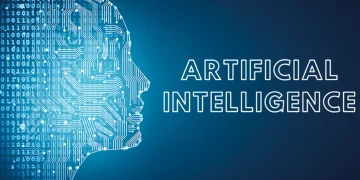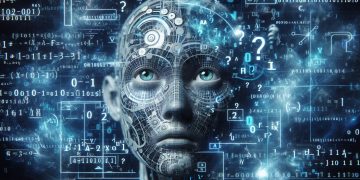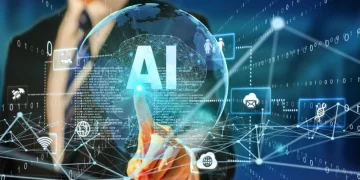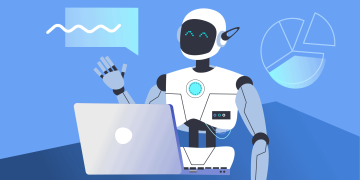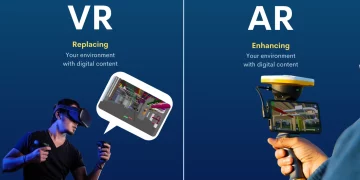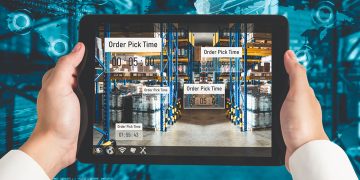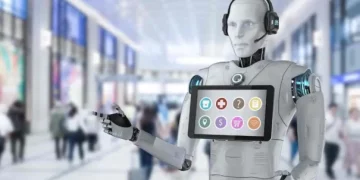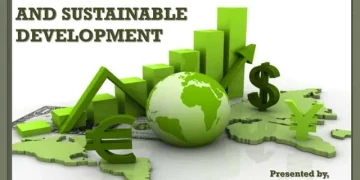Introduction: The Genetic Frontier
Human enhancement is no longer limited to mechanical or digital augmentation. Advances in genetics, synthetic biology, and regenerative medicine are enabling direct modification of human biology to improve health, cognition, and physical capabilities. From CRISPR gene editing to organ regeneration, these technologies promise to redefine what it means to be human.
This article explores genetic and biological enhancements, their mechanisms, applications, ethical implications, and the potential future of engineered human potential.
1. Gene Editing Technologies
1.1 CRISPR-Cas Systems
CRISPR-Cas systems allow precise editing of DNA sequences. Scientists can:
- Correct genetic mutations that cause disease
- Introduce beneficial traits, such as improved metabolism or resistance to certain pathogens
- Potentially enhance cognitive or physical traits in the future
1.2 Applications in Human Enhancement
Gene editing has applications beyond curing disease:
- Improving muscle strength or endurance
- Enhancing resistance to aging-related degeneration
- Modifying sensory perception, such as night vision or olfactory sensitivity
Ongoing research is exploring the limits of ethical human enhancement.
1.3 Challenges and Risks
While CRISPR offers immense promise, risks include:
- Off-target genetic modifications
- Unintended health consequences
- Long-term heritable effects if germline editing is applied
Regulatory frameworks and robust safety testing are essential before large-scale adoption.
2. Regenerative Medicine and Tissue Engineering
2.1 Stem Cells
Stem cells have the ability to differentiate into various cell types. Applications include:
- Regenerating damaged tissues or organs
- Enhancing recovery from injury or disease
- Potentially improving organ function beyond natural capacity
2.2 Organoid and Synthetic Tissue Development
Scientists can create mini-organs, or organoids, in the lab. These can:
- Serve as models for drug testing and disease research
- Enable transplantation of custom-grown tissues
- Potentially expand human capability by providing superlative organ performance
2.3 Ethical Considerations
While regenerative medicine is transformative, concerns include:
- Source of stem cells (embryonic vs. adult vs. induced pluripotent)
- Potential exploitation of biotechnologies
- Long-term ecological and societal impacts of biological enhancement
3. Pharmacological and Biological Enhancements
3.1 Cognitive Enhancers
Biological substances can improve mental function:
- Nootropics for memory, focus, and learning speed
- Neuroprotective agents to slow cognitive decline
- Potential enhancement of creativity and problem-solving abilities
3.2 Physical Enhancers
Biological interventions may improve physical performance:
- Hormonal therapies to increase muscle mass or stamina
- Metabolic regulators to optimize energy efficiency
- Immune system boosters for disease resistance
3.3 Challenges and Regulatory Oversight
Pharmacological enhancement raises concerns:
- Fairness in sports and competition
- Long-term health effects
- Accessibility and equity in availability

4. Synthetic Biology and Human Augmentation
4.1 Engineered Microbiomes
The human microbiome influences digestion, immunity, and mental health. Engineering the microbiome can:
- Enhance nutrient absorption
- Support cognitive and emotional well-being
- Potentially confer resistance to disease
4.2 Biohybrid Systems
Integration of synthetic biology with electronics and nanotechnology can create biohybrid enhancements:
- Biosensors embedded in tissues to monitor health
- Cellular devices that respond to environmental stimuli
- Potential “programmable biology” for adaptive human enhancement
5. Ethical, Legal, and Societal Implications
5.1 Human Identity and Authenticity
As humans increasingly manipulate their biology, questions arise:
- What defines a human if biology is engineered?
- How does enhancement affect individuality and diversity?
5.2 Equity and Accessibility
Biotechnological enhancements could widen societal gaps if available only to affluent populations. Equitable distribution and access must be considered.
5.3 Regulatory and Safety Frameworks
Governments and international bodies must ensure:
- Safe clinical trials and robust oversight
- Ethical limits on germline modifications
- Global standards for human enhancement technologies
5.4 Philosophical and Moral Considerations
Enhancing traits like intelligence, longevity, or strength challenges traditional notions of mortality, fairness, and human purpose. Society must deliberate on how much enhancement is acceptable and for what purposes.
6. The Future of Biological Human Enhancement
6.1 Integration with Digital Technologies
Genetic and biological enhancements can synergize with digital and robotic augmentation:
- Brain-computer interfaces enhanced with cognitive genetic modifications
- Physical exoskeletons combined with bioengineered muscle optimization
- Sensory augmentation integrated with genetically enhanced perception
6.2 Personalization and Precision Enhancement
Future interventions may be highly personalized, based on individual genomes, physiology, and goals, optimizing performance and health without compromising safety.
6.3 Potential for Transhumanism
As biological and technological augmentation converge, humans may transcend current limitations. This “transhuman” potential raises both exhilarating possibilities and profound ethical questions.
Conclusion: Engineering Human Potential Responsibly
Genetic and biological technologies offer unparalleled opportunities to expand human abilities. From curing disease to enhancing cognition, physical performance, and sensory perception, these innovations could redefine human potential.
However, such capabilities must be pursued responsibly. Ethical frameworks, equitable access, and societal dialogue are essential to ensure that biological enhancement benefits humanity collectively and aligns with fundamental human values.
Humanity stands on the threshold of a new era — one where engineering life itself becomes a tool to unlock potential, challenging what it means to be human in the 21st century.


